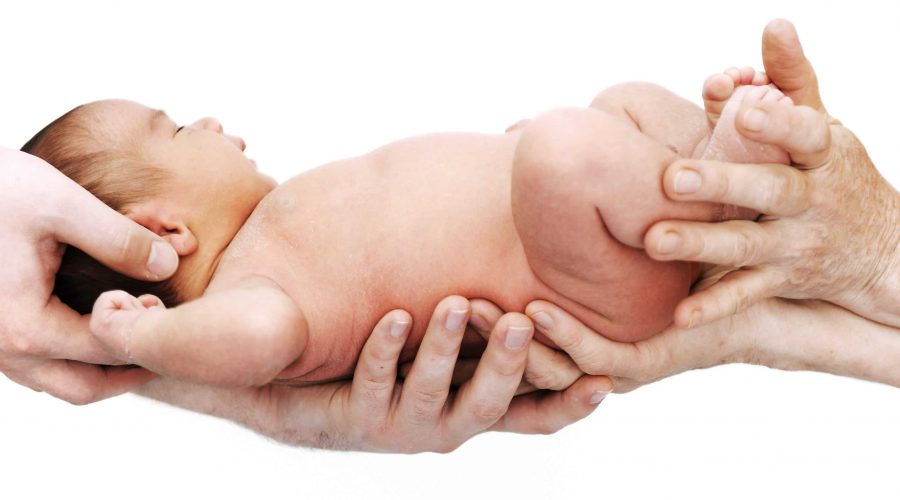This week I had a really interesting discussion about the evolutionary origins of the obsessive personality with one of the most thought-provoking psychologists currently writing about the subject, Steven Hertler.
I usually refer to the compulsive personality rather than the obsessive personality because those who have it are so consumed with doing things, not just thinking about things. But based on my reading of Stephen’s work on the obsessive personality and our discussion, I’ve concluded that we’re writing about the same personality style. So in respect to his work, I’ll be referring to obsessive personality in this post.
Hertler is well-versed in both biological research and psychoanalytic theory, and his writing critiques them both. In his 2014 article published in Europe’s Journal of Psychology, A Review and Critique of Obsessive-Compulsive Personality Disorder Etiologies: Reckoning With Heritability Estimates, Hertler outlines the theories that try to explain the origins of obsessive personality and takes issue with most of them. He also proposes his own ideas.
In our discussion we differed on a few aspects of obsessive personality, but agreed on three larger points that I’ll outline briefly.
-
Obsessive personality is determined significantly by genes.

We agreed that the compulsive or obsessive personality style has a far larger genetic component than most theorists, both psychoanalytic and biological, have acknowledged so far. (I know you’ll be disappointed folks—but research has now made it irresponsible to blame your “anal” style on your parents’ rigid toilet training.)
Hertler agrees that how we’re raised might modify the obsessive character—for better or worse–but believes that our environment doesn’t cause it. I give more emphasis to the nurture quotient than he does, but I do believe that in order to understand and work with the obsessive style we need to recognize that much of it is inherited.
-
Obsessive and compulsive traits have had adaptive value from an evolutionary point of view.
Hertler suggests that the adaptive benefits of the obsessive style are a part of a “long life strategy” to survive. If you are risk-averse, delay gratification, think about the future, have urgency about completing tasks, and are conscientious, it may increase your chances of survival. It’s not very exciting, but it may help you to live longer and pass on your genes.
Since these traits keep getting passed down, they must have some benefit. For instance, research by Douglas Samuel done while he was at Yale supports the view that “OCPD does represent a maladaptive variant of normal-range conscientiousness.” Clearly those with obsessive personality have advantages in achieving external success in our work-obsessed culture today (as long as they don’t procrastinate because they’re perfectionistic). But in my experience those with unhealthy compulsivity are not only miserable, they also cause a lot of collateral damage.
-
We should stop pathologizing the obsessive style.

Hertler writes: “The only way to craft a truly convincing model of obsessive origins might be to altogether stop thinking of obsessive character as disorder.” He goes all the way with this idea and suggests that we entirely dismiss the diagnosis of obsessive compulsive personality disorder. He believes that when obsessives do have mental health issues it’s because they have another condition such as depression or anxiety that really causes the problem.
Much of the good that’s accomplished in the world is done by people who are obsessive and compulsive. It takes determination to start a foundation, pass legislation, challenge legislation, or clean up a park that’s seen better days. Let’s appreciate that.
But I also believe that obsessives can become so extreme in their behavior that it makes sense to see them, empathically, as having a disorder. In my clinical experience, extremes in character style lead to depression and anxiety, rather than the other way around. Typically the obsessive or compulsive traits have completely overwhelmed all other aspects of the personality and other motivations. The flavor of the problem with unhealthy compulsives is so specifically obsessive or compulsive that to see the problem as caused by depression or anxiety misses the issue that we can really work with.
We also have data that suggests that having obsessive-compulsive personality disorder increases the risk for suicidal behavior, beyond the risk that depression itself causes.
No Excuses
But still, and this has nothing to do with Hertler, even though there may be a strong genetic basis for the obsessive or compulsive personality, there is no excuse for bad behavior such as rage attacks, rigid over-control, hostility, or sanctimonious judgment. It is possible to shape the obsessive style in productive ways. Genes are not fate.
Personal Evolution
To take all of this a step further, and beyond what we think of as scientific, I feel that a truly evolved viewpoint finds meaning and purpose inherent in our individual personality style, be it compulsive or otherwise.
One of the most important factors that determine whether we are healthy or unhealthy compulsives is whether we mindfully live out that which motivates us and has meaning for us. Being conscious of what we have to pass on to the world can give us purpose. And as the evolutionary theory of group, or multilevel selection (see David Sloan Wilson and Edward O. Wilson’s paper for an introduction) suggests, you don’t have to have children to pass on your contribution.
What might your obsessive style contribute to the world?
Discover more from The Healthy Compulsive Project: Help for OCPD, Workaholics, Obsessives, & Type A Personality
Subscribe to get the latest posts sent to your email.





2 Comments
Leave your reply.